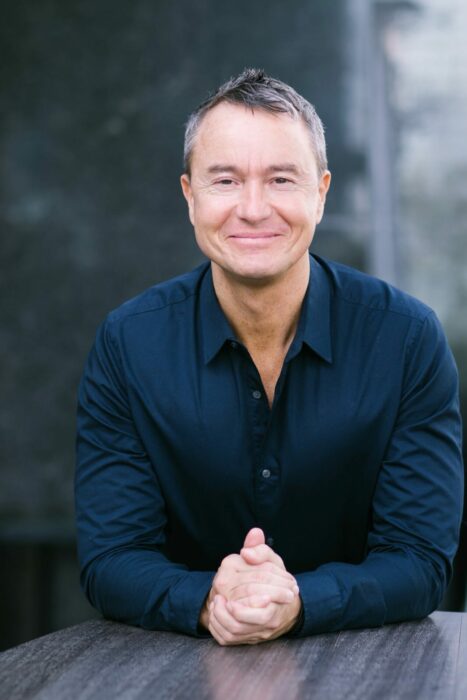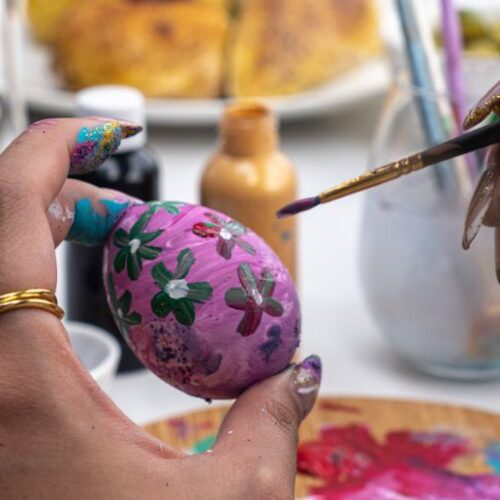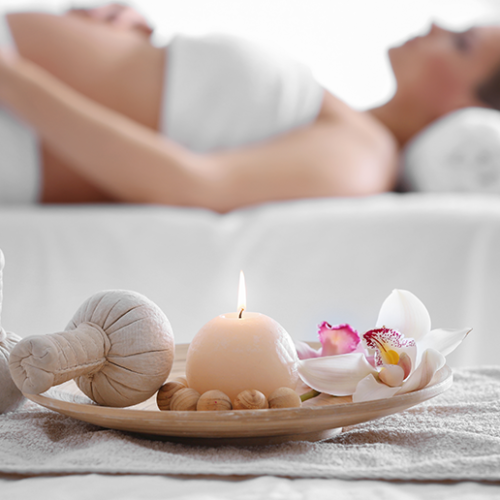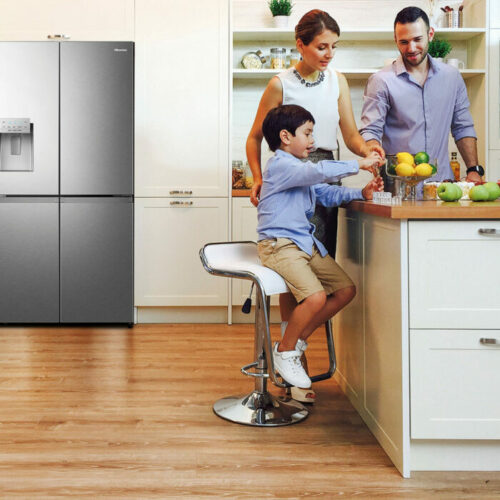The blame addiction: how can parents and children recover from it?
Veronica Martin caught up with Denis Liam Murphy, high-performance coach and writer, to discuss his first book, “The Blame Game: How to Recover from the World’s Oldest Addiction”, what mothers can do to avoid passing the blame addiction to their children and how to recover from trauma following his method.

Q1. What made you start writing this book? When did you realise you had a blame addiction?
I had spent 5 years travelling the world learning all I could about healing and by the end of it, I had collected many tools and techniques to control my mind and body, but the deep anger, sadness and frustration remained. So, I went into isolation and questioned everything I was ever told was true. It soon became obvious how blame resembled an addiction, and that everyone on the planet unknowingly had it, including me.
Q2. In the book you talk about the butterfly effect (how we pass the blame addiction on to other generations and don’t realise we are doing so). What mothers can do to avoid passing that to their children?
Awareness there is a blame addiction that needs addressing is key. When I share this scenario with you it will become obvious how we are passing on this blame addiction without realising. The scenario is when a young child is running around and bumps into a table. A parent or adult goes over, hits the table and says, “Bad table!” What do you think you are teaching the child? You are giving them a masterclass in blame.
What’s more, many parents are frustrated when their child hits or bites them or another child. Well, where do you think they learnt that from? Not only do we tell the child it is the table’s fault you are hurt, but we teach them to lash out. So, the next time they feel emotionally or physically hurt, they blame and hit (or bite).
This is just one of many ways it is passed on. But the most obvious is in how they observe the adults in their life. Parents are always blaming each other, their bosses, their parents or siblings. As well as blaming their phones and laptops for not working or screaming at the TV. And of course, many of our films, cartoons and tv shows centre around blame.
Q3. Your hypothesis is that the more self-honest we are, the less we blame and the effortless and painless life becomes. How can mothers help their children to find out who they honestly are?
Self-honesty has a few levels to it. Suffice to say here, in a world of hyper-fake positivity, we are constantly teaching our children to be dishonest. They might be upset or sad, but we teach children that having strong self-control is the key to a happy life and prosperity. When in fact, it is the reason we find it difficult to connect with our self-honesty.
The goal is to recover from your blame addiction and you will naturally discover who you are. Many people try and find purpose or who they honestly first are while still addicted to blame.
Q4. Many people have suffered abuse and trauma when they were children. How can they recover from it following your method and would they need to do something different as someone who has never experienced trauma?
I have helped clients with every abuse and trauma you can imagine. What they find refreshing is that I don’t follow what many experts tell us to do. I don’t psychoanalyse or use control techniques, rationalisation, reprogramming, and positive thinking. These techniques and many more, unknowingly reinforce our blame addiction. We land up finding more so-called evidence for why life is unfair.
I do a lot of work around training their perception muscle. Blame creates black and white thinking, either something is all bad or all good. When life is too subjective, multicultural and multifaceted to be distilled to just two options. There is much more colour of possibility to explore.
To help my clients I reintroduce them to imagination journeying. This is a vital part of the blame recovery process. And if I need to, I use energy medicine.
Q5. In the book you talk about the victim cycle. What can we do to get out of it and feel happier with ourselves?
Basically, when we blame we see ourselves as the victim. This leads to fear, anger, shame and guilt because we focus on what we think has, or will go wrong, rather than entering other possibilities. To cope, deal and manage these feelings so we can survive another day, week or month, we use the only thing we have used for thousands of years: control.
Control is a temporary solution because it requires enormous amounts of energy to maintain. Plus, it doesn’t actually help you with who or what you are blaming. We just put all those blame-based emotions under the rug, hoping they will stay there – which they don’t. This leads to more feelings of victimhood, fear (anxiety), shame and guilt. The more times we go around the cycle, it feels like we are in the washing machine, and the more emotional, mental and physical pain we experience.
To disrupt and exit this cycle we have to develop a new skill. We have to replace control with self-honesty. And then learn another skill which is being able to listen to our mind and body in a blame-free way. This reignites our curiosity and wonder, which are the unsung heroes of profound and long-term healing.
Q6. Why gaining access to our self-honesty helps us make more sense of the world?
How do you feel when you find out someone has been lying to you? It isn’t a nice feeling, and it often comes with a lot of pain. Well, we are lying to ourselves all the time.
I know more than ever that our universal purpose, which every human shares regardless of religious or philosophical beliefs, is to discover who we honestly are.
After a lifetime of being fake positive, and learning to block out or reprogram our thoughts with meditation and other techniques, it is exhausting. Why? Because we are blaming and ignoring our mind and body, who’s mission is to help us find out who we honestly are. Why? So we can co-create a life based on this, and not the fake version we think we should create.
For example, many of my clients will try and convince me they wanted a job they didn’t get. They are blaming themselves for being poor interviewees or blaming the interviewer for asking the ‘wrong’ questions. Either way, when my client gets honest with themselves, I hear the real reason they didn’t honestly want the job. They wanted the money or the respect of their parents, but not the actual job.
As we get better at being self-honest, we start to see our contribution in everything we experience. We forget sometimes that we are an extension of our ancestry, and whatever they didn’t heal from we got. We then get an opportunity to recover from our blame addiction. If we don’t, then we just pass that baton and mission onto the next generation. The issue is, with each generation that passes it on, our experiences have to become more extreme to break through all the control and denial we have built up.
Q7. What are the key lessons from your book you would like to pass on to future generations?
First of all blame is not the new thing we should blame. This is like blaming alcohol or social media for being the problem. It isn’t. It is our relationship with them. With that said, with less blame, we experience less pain.
Self-honesty is different from being honest with others. The goal is to get better at listening to the most important person in your life, you, and then you will naturally be able to be honest with others. And because there will be no blame when you share your version of your truth, there will be no conflict. They might not agree with your version of the truth or solution, but a more harmonious, and productive interaction will happen as a by-product.
We have to start training our perception muscle. We have to open our minds to counteract the black and white thinking we have as a result of our blame addiction.
There are always more possibilities in any given situation. We just need more information, awareness and wisdom to help us see our contribution to our lives, as an individual and as a species.
As we make our way along the blame recovery process we naturally become more curious. As a by-product, we also want to help others and be in nature more, because nature is the only place at the moment where there is no blame and control. This is why we feel so grounded walking around a forest or on a beach.












Comments